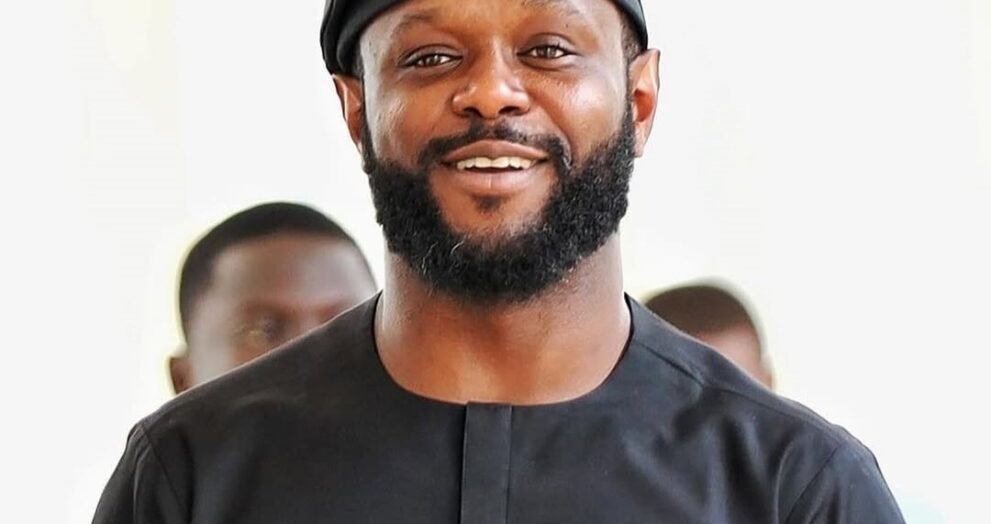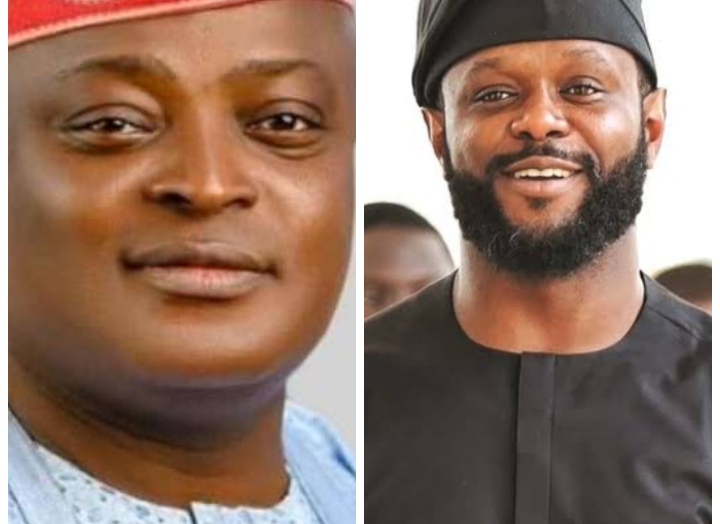IT IS DIFFICULT TO IGNORE SEYI TINUBU
By Pelumi Olajengbesi, Esq. Growing up, I had a natural disdain for people in power and, more so, for their children. It was as if they had personally wronged me. My belief was that the children of Nigeria’s political elite lived in a world far removed from the struggles of everyday citizens. Their lives, often characterized by privilege and detachment, seemed to follow a predictable script—overseas education, luxury, and a lack of interest in governance. Public perception reinforced this: while their parents dominated the political landscape, they remained distant, passive in state affairs, and, in some cases, indifferent to the realities of the people. My only consolation was the thought that, eventually, the political class would fade away, and since their children had no vested interest in the country, my generation would naturally take over with little resistance. But something is shifting. A new wave of politically conscious young Nigerians is emerging, and, surprisingly, some of them are from the very class we assumed would never care. Unlike in the past—when the children of the powerful only made headlines for reckless indulgences—there are now familiar faces in political spaces, engaging, mobilizing, and shaping conversations at the grassroots level. This shift challenges the long-held notion that power is simply inherited and that the next generation of the elite will only perpetuate the detachment of their predecessors. Take, for instance, the recent election cycle. There was a time when young people in politics were mostly activists and aspiring politicians from ordinary backgrounds, pushing for change from the outside. But in a surprising turn of events, there was an influx of politically engaged young individuals who, despite their privileged upbringings, immersed themselves in the process. A WhatsApp group created for young political stakeholders ahead of the last election was heavily populated by names one would not expect—sons and daughters of the establishment, not just spectating but actively strategizing, planning, and moving across communities to mobilize. This shift raises important questions. Could it be that the next generation of political leaders in Nigeria is not waiting for power to be handed to them but is instead working to earn legitimacy? Could it be that, for the first time in modern Nigerian history, we are seeing a class of elite youth who understand that influence is no longer just about privilege but about engagement? One figure who has embodied this new dynamic is Seyi Tinubu. Whether one agrees with his politics or not, his active involvement in grassroots engagement is difficult to ignore. Unlike the stereotypical “First Son” image often portrayed in Nigerian politics—one of luxury and excess—his presence on the streets, in communities, and among everyday Nigerians paints a different picture. This is not an endorsement, as he is not contesting for any elective position, but the reality remains that he has stepped into a space many before him have avoided. Beyond visibility, he has also wielded influence in ways that many may not have fully acknowledged. His insistence on youth representation in governance has not gone unnoticed. By carefully navigating the internal politics of an administration with powerful competing blocs, Seyi Tinubu may have played a significant role in ensuring that young people secured a larger share of appointments in this government than in previous ones. It is an outcome that speaks not just to his presence but to his ability to negotiate and push for inclusion in a political landscape where access is often tightly controlled. Democracy, at its core, remains a game of numbers. Political relevance is shaped not just by policies and governance but by the ability to connect, mobilize, and inspire people. In this evolving landscape, those who engage will naturally shape the future—regardless of their background. The days when political privilege alone secured influence may be fading, and what replaces it is a reality where participation, visibility, and legitimacy matter just as much as lineage. Nigeria is watching. The political elite may continue to produce the leaders of tomorrow, but the expectations have changed. Influence is no longer guaranteed—it must be earned. Pelumi Olajengbesi is a Legal Practitioner and the Managing Partner at Law Corridor.

































































































































































































































































































































































































































































































































































































































































































































































































































































































































































































































































































































































































































































